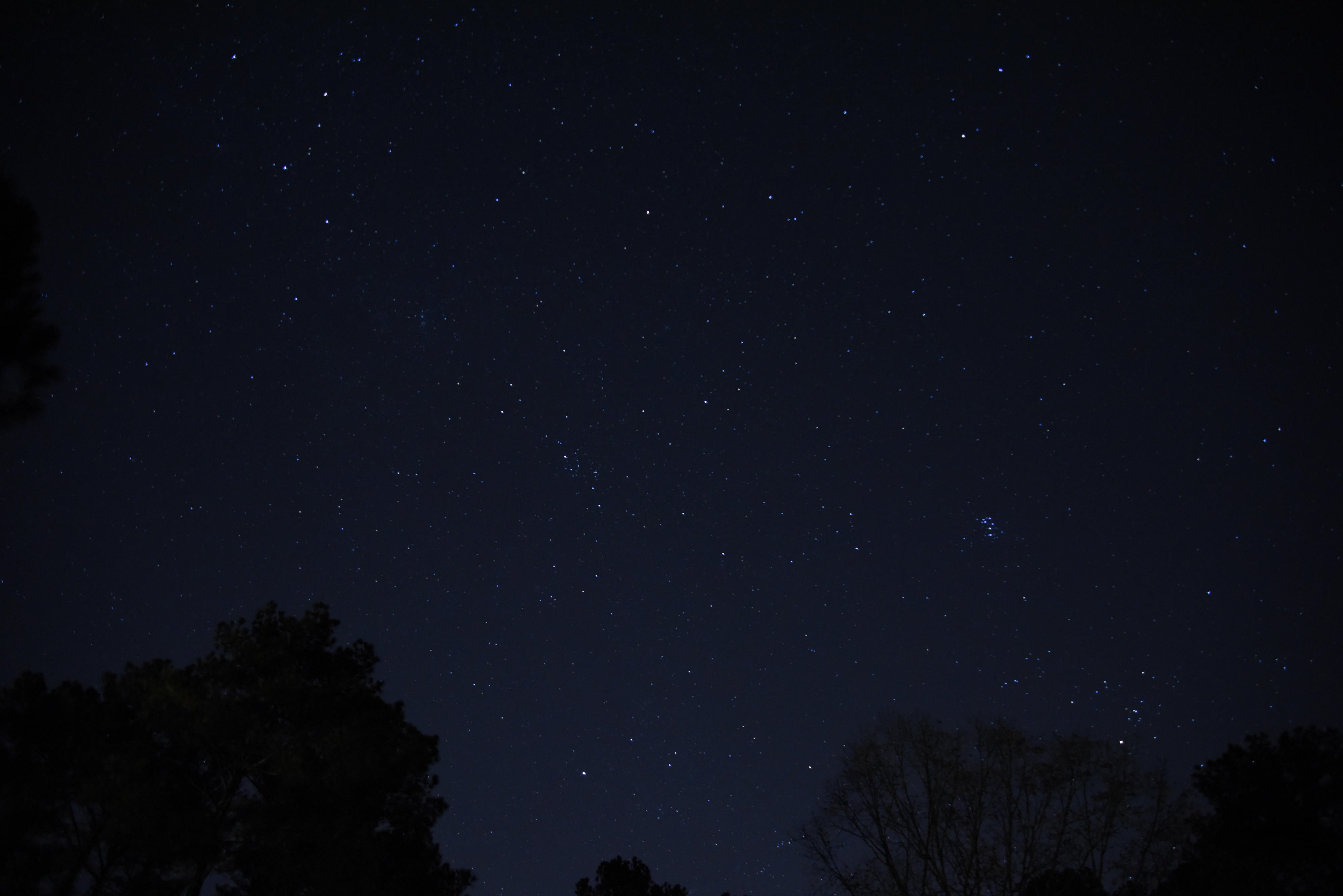Fireball seen above UK was a meteor, experts say
The blazing object was spotted by hundreds on Wednesday night.

Your support helps us to tell the story
From reproductive rights to climate change to Big Tech, The Independent is on the ground when the story is developing. Whether it's investigating the financials of Elon Musk's pro-Trump PAC or producing our latest documentary, 'The A Word', which shines a light on the American women fighting for reproductive rights, we know how important it is to parse out the facts from the messaging.
At such a critical moment in US history, we need reporters on the ground. Your donation allows us to keep sending journalists to speak to both sides of the story.
The Independent is trusted by Americans across the entire political spectrum. And unlike many other quality news outlets, we choose not to lock Americans out of our reporting and analysis with paywalls. We believe quality journalism should be available to everyone, paid for by those who can afford it.
Your support makes all the difference.A fireball seen shooting through the skies above parts of the UK was a meteor, experts have said.
The UK Meteor Network said it had received almost 800 reports after the blazing orb was spotted in the night sky over Northern Ireland and Scotland on Wednesday.
Scientists used video footage taken from members of the public and analysed data to work out whether the “brilliant fireball” was debris or matter from outer space.
They said the object, which lasted more than 20 seconds, was “definitely a meteor”, adding “we are now 100% confident this was a small part of an asteroid”.
The network said the end of the meteor’s journey was not observed on camera, but that it ended over the North Atlantic Ocean, some 50-100 km west of the Isle of Islay, the southern-most island of the Inner Hebrides.
An updated tweet from the organisation read: “It (the meteor) came on an asteroidal orbit and entered the atmosphere at 14.2 km/s.
“The observed portion of the trajectory covered over 300 km.
“If any meteorites did fall, they ended up in the ocean.”
Software developer Stuart Padley commented, asking if the meteor would have caused a crater, and if so, what size, to which the network replied: “Probably none. It was quite small.”
Reports of the blazing space matter started coming in at about 9pm on Wednesday, mainly from Scotland and Northern Ireland.
Danny Nell, 21, was walking his dog in Johnstone, near Glasgow, when he saw the fireball.
He told the PA news agency: “It was strangely enough 10pm on the dot, and I just saw the flash in the sky and pulled out my phone and recorded it.
“I thought it may be a firework at first because there was a lot of Scottish football on, but quickly realised it wasn’t and just grabbed my phone to see if I could catch it.”
Steve Owens, an astronomer and science communicator at the Glasgow Science Centre, saw the fireball as it passed over.
He told BBC Radio Scotland’s Good Morning Scotland programme: “It was incredible. I was sitting in my living room at exactly 10 o’clock last night and saw out of the window, due south, this brilliant fireball, this meteor streaking across the sky, and I could tell that it was something special because I could see through broken cloud.
“It wasn’t perfectly visible; I could see that it was fragmenting, breaking apart, there were little bits coming off it.
“Normally, if you see a meteor or a shooting star, they are just tiny little streaks of light, they last for a fraction of a second. This one was streaking across the sky for at least 10 seconds – probably longer than that – and it travelled from due south all the way across to the west, so it was a pretty incredible sight.”
He said it is possible it could have landed but added it is “highly unlikely” to have done so in Scotland.”